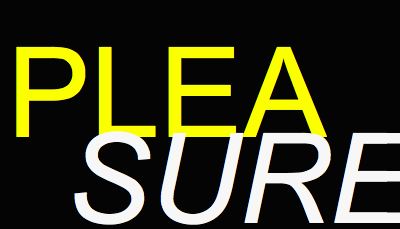The central achievement of Zero Dark Thirty is that it manages to be an effective thriller, even though we all have a sense of what the ending is going to be.
Like The Hurt Locker - which must be regarded as this film's logical companion piece - Kathryn Bigelow's thriller seeks to approach the war on terror from the perspective of the human characters on the ground fighting it. This time around, her focus is on an intelligence agent, Maya, who, like the Jeremy Renner bomb expert in the The Hurt Locker, internalises pain and her own mysterious circumstances under a kind of steely, relentless ambition to do the job no matter what. Only at the end is there some kind of release, but we never get close enough to understand what else the ambition may stand for or whether it stands for anything at all besides a purity of devotion; a single-minded integrity.
Once more, there are some excellent set-pieces where the suspense is almost unbearable. A key operation to lure a potentially invaluable source in the hunt to kill Osama Bin Laden turns out to involve incredible risks on the part of many involved; there is much danger lurking in public places where agents search for clues; homes are attacked; there are scenes of torture.
Speaking of torture, there have been claims that the film glorifies torture as a method of getting valuable information. I disagree. The film has no opinion: it simply shows an account of what it says happened and leaves the audience to judge the moral issues involved. This is also the approach to the final, nail-bitingly suspenseful scene at Abbottabad. And, ultimately, this is the film's approach to its central character who at times seems to over-step lines in a manner that sometimes raises questions about whether or not she can be trusted. Something of Claire Danes agent in the TV series Homeland seems to inevitably come to mind here. There is a puzzle at the heart of the performance of Jessica Chastain that asks the audience to decide whether or not we trust her or are willing to make a leap of faith. The film is so good because of this move. The movie lets the audience decide what they need to decide about her without getting in the way, right down to the last scenes.
Bigelow is not big on lecturing to audiences and it shows with the film's single-mined focus on the action at hand. That focus comes to mirror the resolve of the agent.




















